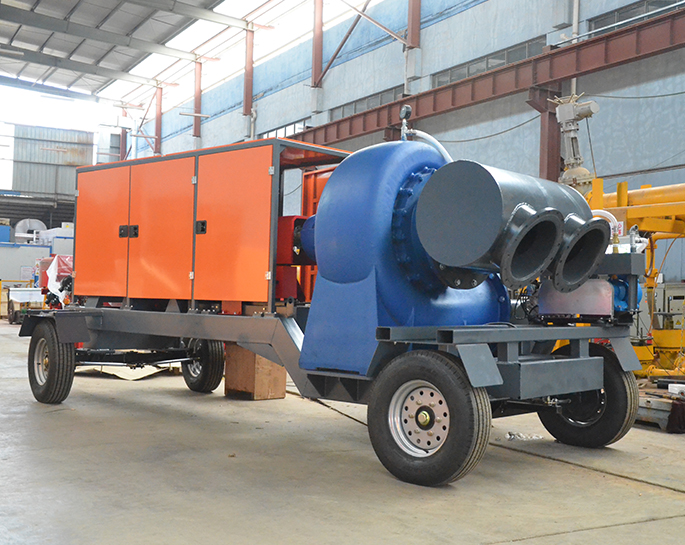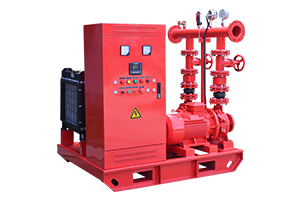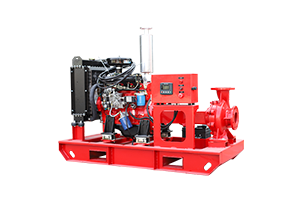What are the performance characteristics of mobile pump trucks?
Mobile pump trucks, also known as concrete pump trucks, possess several performance characteristics that are essential for their efficient operation in various construction and concrete placement applications. These characteristics include:
-
Pumping Capacity: The pumping capacity refers to the volume of concrete that the pump can deliver in a specified amount of time, typically measured in cubic yards or meters per hour. Different mobile pump trucks have varying capacities to meet specific project requirements.
-
Reach: The reach of a mobile pump truck is the maximum horizontal and vertical distance it can extend its boom to place concrete. The reach is a crucial performance characteristic as it determines the truck's versatility in reaching various construction sites and heights.
-
Boom Configuration: Mobile pump trucks come with different boom configurations, such as Z-fold, roll-and-fold, or multi-section booms. These configurations impact the truck's maneuverability and ability to access tight or high spaces.
-
Boom Type: Some mobile pump trucks feature booms with different types of articulation, like RZ or M, which affect their flexibility and precision when placing concrete. RZ booms are better suited for tight spaces, while M booms provide greater flexibility.
-
Maximum Pressure: The maximum pressure generated by the concrete pump is crucial for ensuring that concrete can be pumped efficiently and placed precisely. Higher pressure capabilities are useful for long-distance or high-rise projects.
-
Hydraulic System: A reliable hydraulic system is essential for controlling the movements of the boom and the pump. A well-designed hydraulic system ensures smooth and precise operation.
-
Output and Control Options: Some mobile pump trucks offer variable output control, allowing operators to adjust the flow rate of concrete, which is useful for controlling the placement of concrete in different parts of a construction project.
-
Maneuverability: The maneuverability of a mobile pump truck is vital for accessing and navigating construction sites. The ability to move the truck into position quickly and efficiently is critical for project productivity.
-
Stability and Outriggers: Stability is crucial to ensure safe operation. Mobile pump trucks are equipped with outriggers and stabilizer legs that can be extended to provide stability, especially when working on uneven or sloped terrain.
-
Control Systems: Advanced control systems and remote operation capabilities enhance the precision and safety of concrete placement. Remote control allows operators to adjust the boom and monitor the pumping process from a distance.
-
Maintenance and Reliability: The reliability and ease of maintenance are important factors. A well-maintained mobile pump truck is less likely to experience downtime, saving time and money on repairs.
-
Durability and Build Quality: The build quality of the truck, including the materials used and the design, impacts its overall durability and longevity. A robust construction is essential for withstanding the rigors of construction sites.
-
Transportability: The ability to transport the mobile pump truck from one job site to another is important. Some units are designed for easy mobility and transport.
-
Fuel Efficiency: For trucks with internal combustion engines, fuel efficiency is an important characteristic as it affects operating costs and environmental impact.
-
Noise and Emissions: Noise levels and emissions can be important in urban or environmentally sensitive areas. Some mobile pump trucks incorporate features to reduce noise and emissions.
It's important to select a mobile pump truck with performance characteristics that align with the specific requirements of your construction project. The right combination of features can significantly impact the efficiency, safety, and cost-effectiveness of concrete placement.







